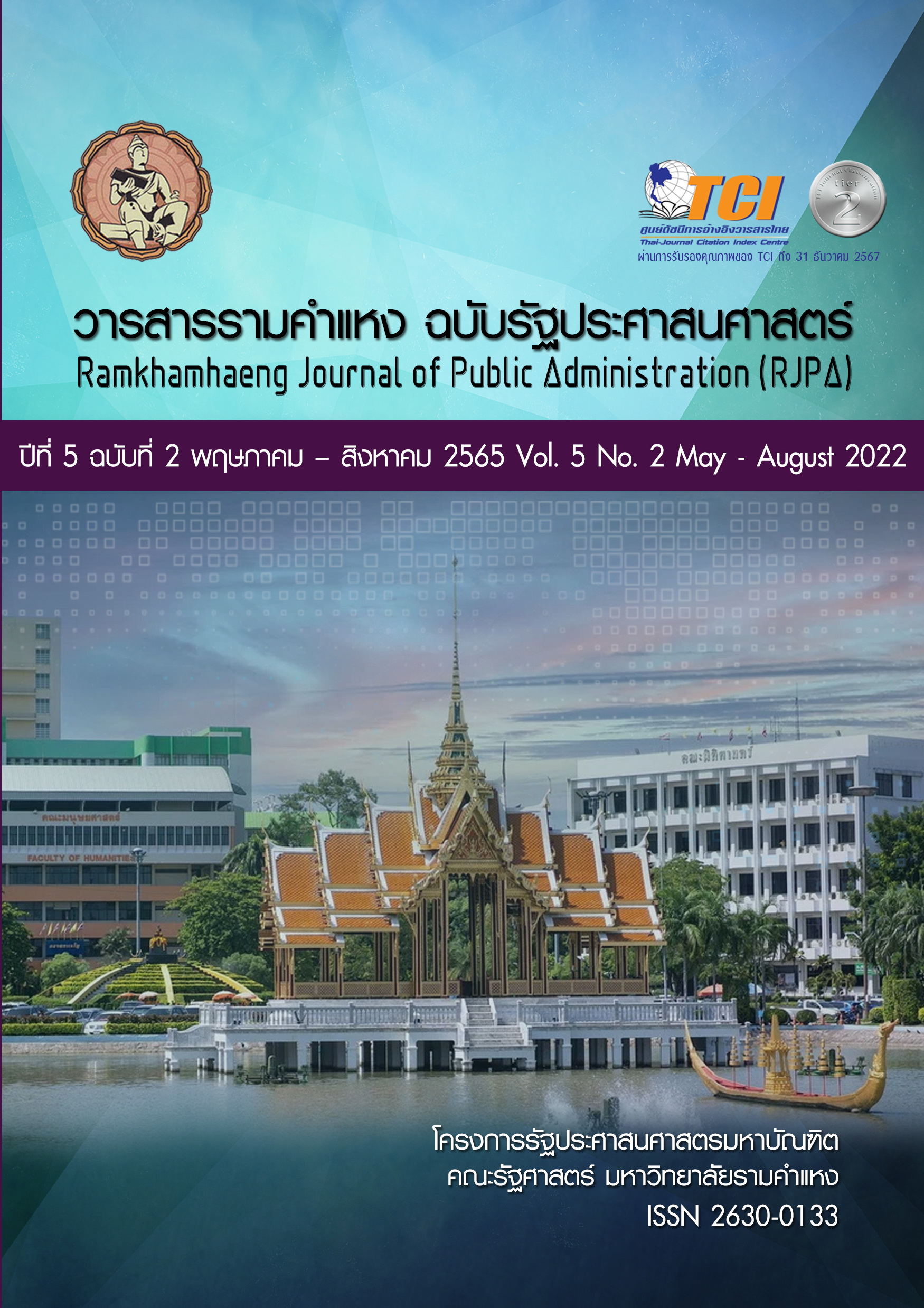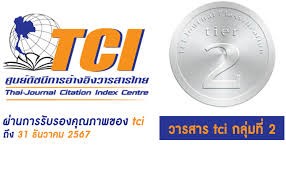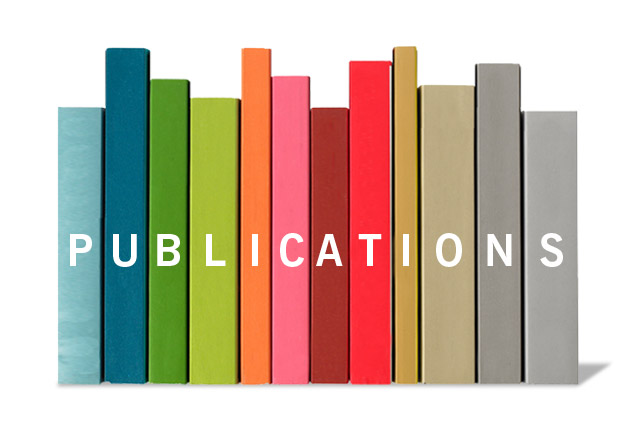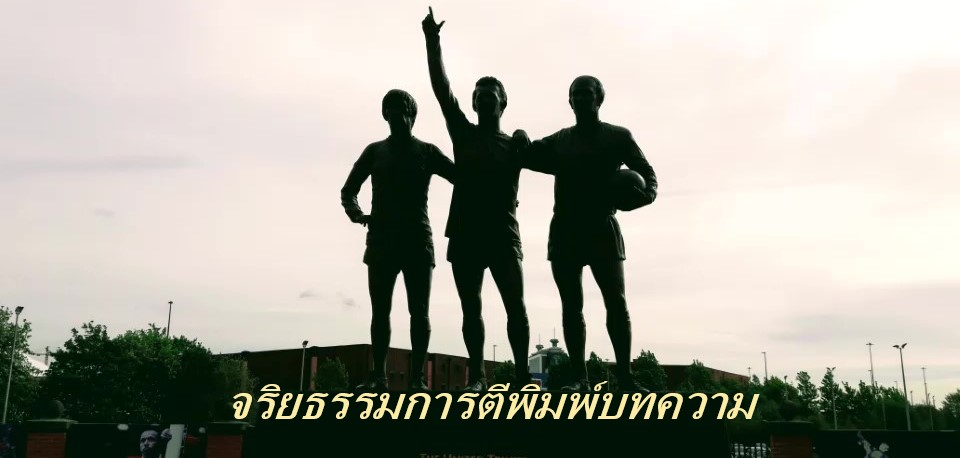กลุ่มการเมืองในพรรคการเมือง (Political faction in political party)
กรณีศึกษากลุ่มวังน้ำยม-มัชฌิมา-สามมิตร (A case study of Wangnamyom – Matchima - Sammit)
Abstract
บทคัดย่อ
งานวิจัยนี้มีวัตถุประสงค์ศึกษา 1) เหตุผลในการจัดตั้งกลุ่มและการนำไปสู่การจัดตั้งพรรคการเมือง (2) การดำเนินกิจกรรมทางการเมืองในฐานะกลุ่มการเมือง และ (3) บทบาทและอิทธิพลของกลุ่มต่อพรรคการเมืองและการเมืองไทย ใช้วิธีการวิจัยเชิงคุณภาพ เก็บข้อมูลจากการวิจัยเอกสาร และการสัมภาษณ์ผู้ให้ข้อมูลสำคัญ ได้แก่ นักการเมืองและอดีตนักการเมืองซึ่งเป็นสมาชิกของกลุ่ม และมิได้เป็นสมาชิกกลุ่มระหว่างปี 2544-2562 ผลการศึกษาพบว่า (1) ในช่วงเริ่มต้นระหว่างปี 2544-2549 กลุ่ม “วังน้ำยม”แม้ว่าจะมีเป้าหมายต่อบทบาท อำนาจและอิทธิพลในพรรคการเมือง แต่กลุ่มมิได้มีบทบาทและอำนาจในพรรคการเมืองแต่อย่างใด เป็นเพียงกลุ่มกิจกรรมที่มีบาทการเมืองเชิงพื้นที่จังหวัด การรักษาฐานเสียง การแลกเปลี่ยน การสร้างความร่วมมือในพื้นที่จังหวัด ด้วยโครงสร้างและระบบพรรคการเมืองที่สังกัดมีความแข็ง ซึ่งเป็นผลจากการออกแบบของรัฐธรรมนูญปี 2540 (2) การเปลี่ยนแปลงไปสู่กลุ่มมัชฌิมาในช่วงปี 2550-2553 บทบาทของกลุ่มในพรรคการเมืองมีมากขึ้นเป็นลำดับ และพัฒนาเป็นพรรคการเมือง ด้วยผลจากสถานการณ์ทางการเมืองและระบบพรรคการเมืองอ่อนแอ เป็นผลจากการออกแบบระบบพรรคการเมืองของรัฐธรรมนูญปี 2550 และหลังการเลือกตั้งปี 2562 เป็นกลุ่มขนาดใหญ่เสมือนว่าจะมีอำนาจต่อรองในพรรคการเมืองมาก หากแต่โครงสร้างระบบพรรคการเมืองซึ่งออกแบบโดยรัฐธรรมนูญปี 2560 ทำให้กลุ่มไม่มีอำนาจและอิทธิพลในพรรคการเมืองมากนัก (3) การดำเนินกิจกรรมวางอยู่บนความพยายามสร้างภาพลักษณ์กลุ่มการเมืองที่เป็นทางเลือกของสังคม ไม่ขัดแย้งกับฝ่ายใด (4) กลุ่มมิได้มีความเป็นอิสระในการตัดสินใจทางการเมืองหากแต่เกี่ยวข้องกับชนชั้นนำทางสังคม ข้าราชการและกลุ่มทุน
Abstract
This paper aimed to study 1) how a faction exited and brought about political party instituted. 2) the administrative process of political activities of the faction and 3) the role and influence of the faction upon both political party-attache, and Thai political system. The methodology used in the research was qualitative methods, data collecting was drowned from documentary papers and all essential data interviewed from both of politicians and ex-politicians, members and not members of the group, during 2544-2562 B.E.
The results were that 1) On the beginning of 2544-2549 B.E. Wangnamyom fiction had high political ambition of political power and influence upon political party-attache but the faction did not deserve the targets only expanding the political bases and deserving provincial area for the election, exchanging of ideology, and contributed political cooperation in the provincial area. Structure of political process and strong party - attache system brought about designing of 2540 B.E. constitution. 2) During 2550-2553 B.E., the faction then transferred to the name of Matchima and enhancing political roles for developing to be a political Party. The impacts of political situations and weak political party system in 2550 B.E. and after election in 2562, Matchima looked to be larger and looked like to get the great bargaining power but depending on 2560 B.E. constitution, it has no political power as such at all. 3) Political activity process of the faction laid on the profile of social alternative choice for the political society and identified non - conflicted body. 4) The faction had no political freedom in decision making but in political decision of elites, bureaucrats, and capitalists.




 Publication Policy (นโยบายการตีพิมพ์บทความ)
Publication Policy (นโยบายการตีพิมพ์บทความ) Publication Ethics (จริยธรรมการตีพิมพ์บทความ)
Publication Ethics (จริยธรรมการตีพิมพ์บทความ)